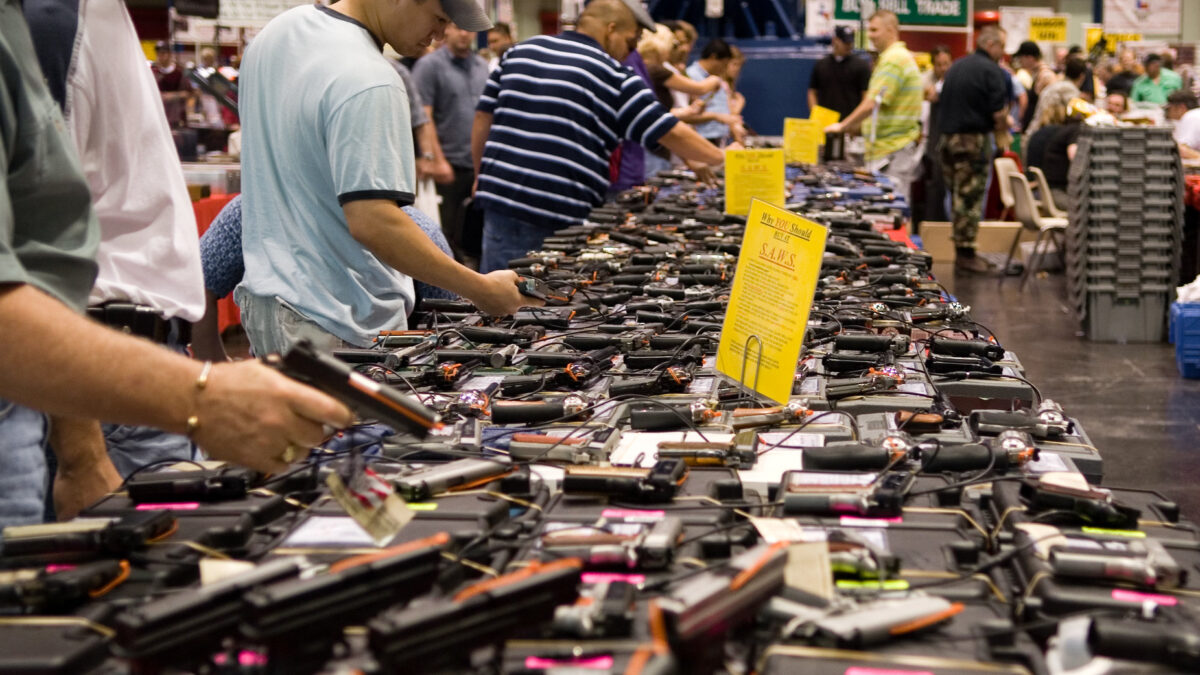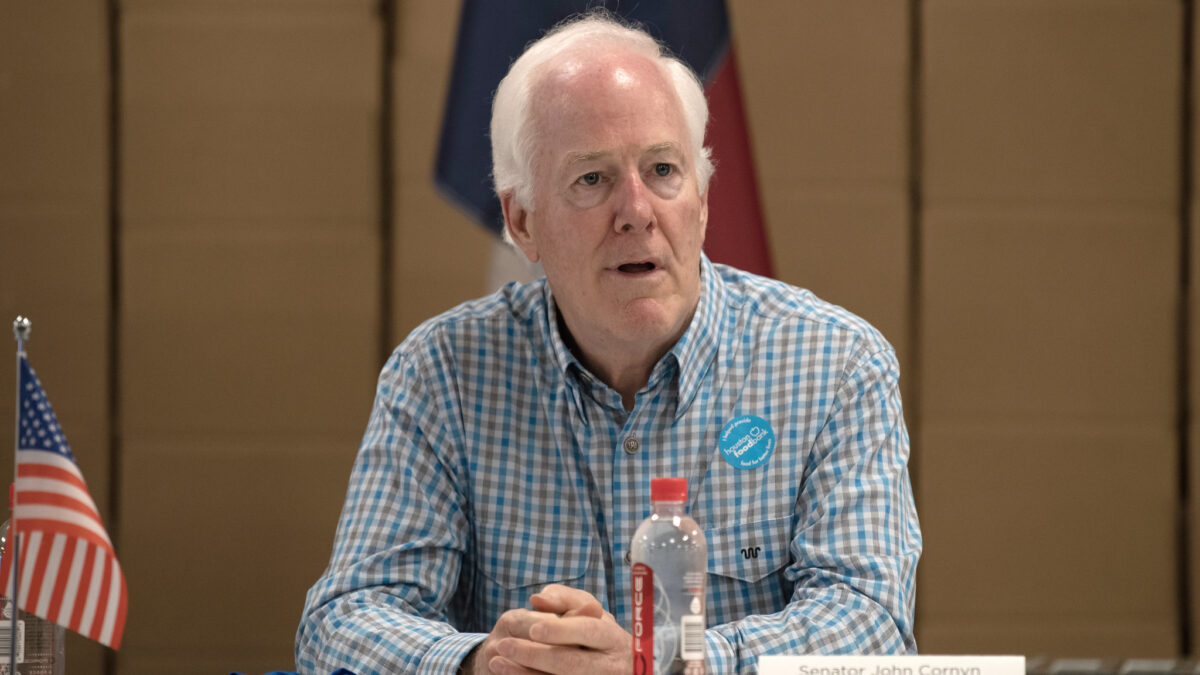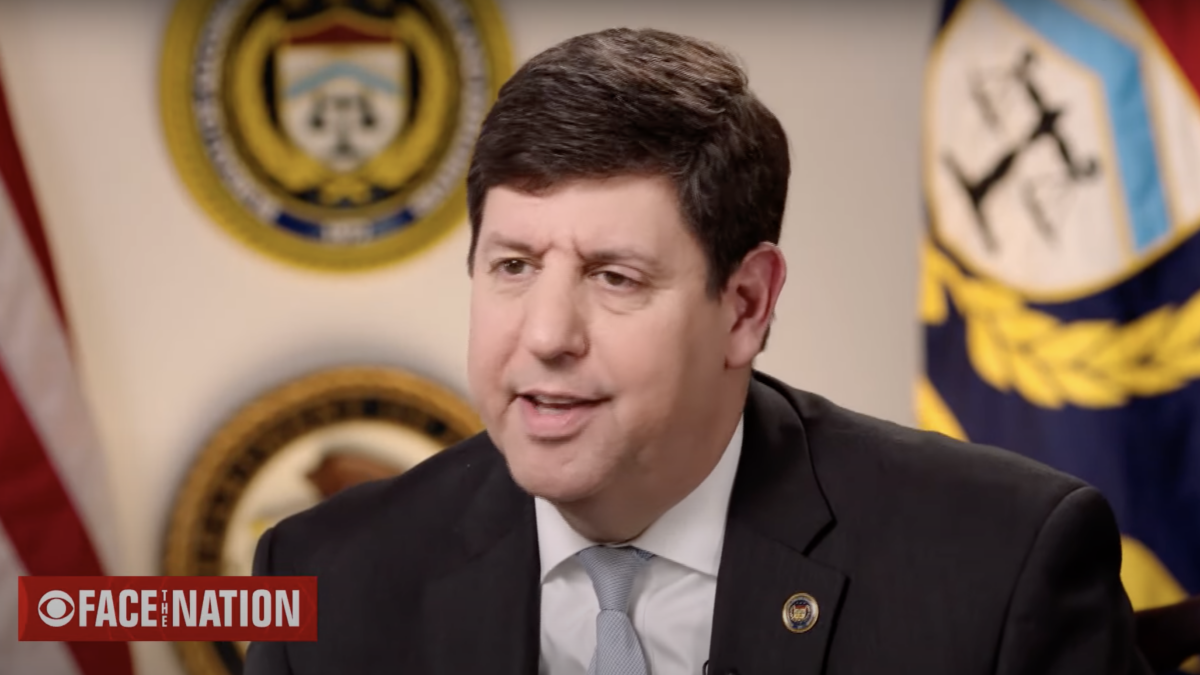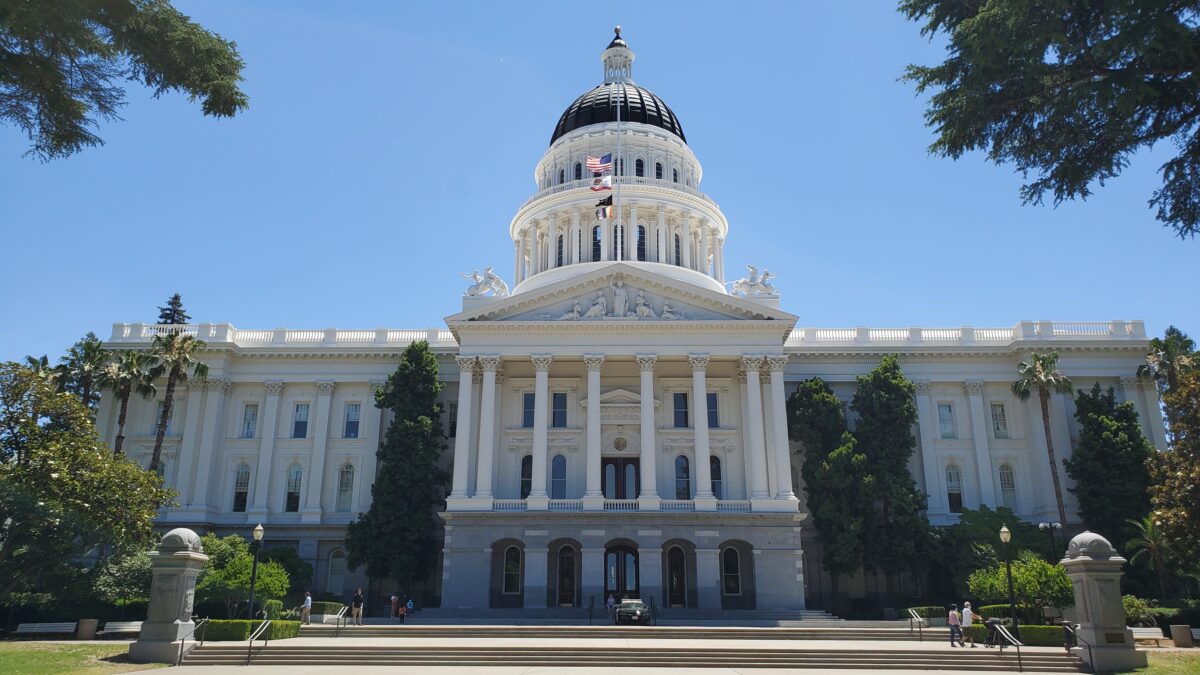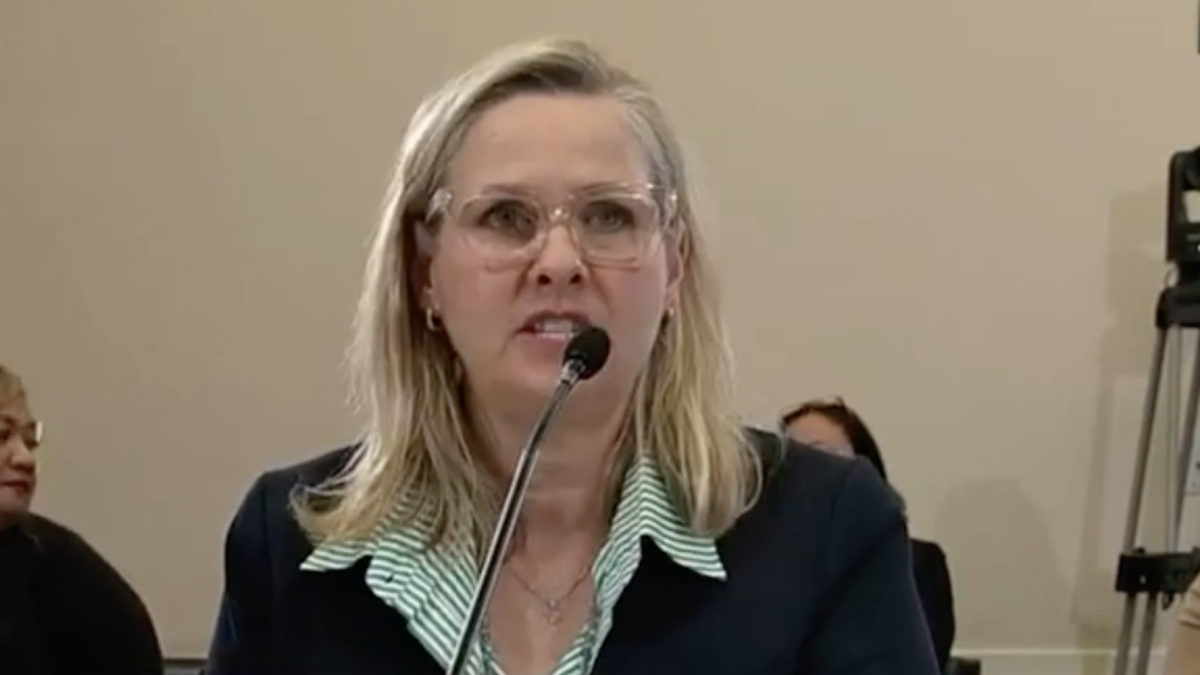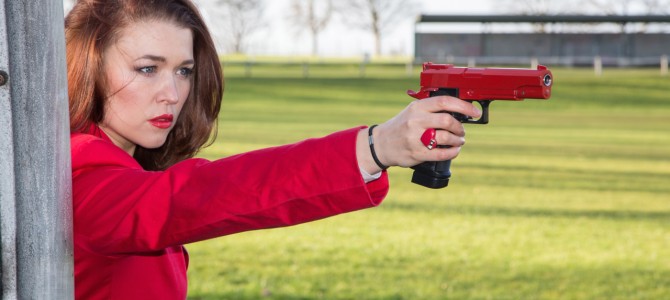
We just became a Second Amendment family. For the first time in my life, my home contains an object that is, by the manufacturer’s intent, a deadly weapon.
I received fair warning that this would happen. Even before we were married, my husband announced his general intention to own a gun. A year or so back he started researching the topic more earnestly, and then one afternoon there was a gun sitting on my kitchen table. It was unloaded, of course. We had extensive conversations about trigger locks and all the other safety measures. I know that the kids can’t get it, and are in fact far more likely to be injured by stairs or cleaning solutions or sporting equipment. Intuitively it still feels like a menace.
The thing is, I don’t come from a gun-happy culture. Apart from my husband, I doubt any of my near relations have experience with firearms. Mind you, I was raised by conservatives, but Mormons trend towards a communitarian, good-government brand of conservatism. They’re rarely drawn to the more suspicious and individualistic culture of the N.R.A. If my parents had any gun-owning friends when I was growing up, I wasn’t aware.
Thus, I can tell you how it feels when you’ve lived a completely gun-free life, and suddenly have a gun under your roof. Your instincts tell you: we don’t need it. It’s threatening. Bad things happen to people who own guns.
I’m pretty sure this instinct is dramatically reinforced by the violence-drenched entertainment that we (like most Americans) consume in considerable quantities. This might seem counter-intuitive, especially to men, but psychologically it feels to me like the obvious dividing line between the world of television (in which people regularly die horrible deaths) and the world I live in (in which they don’t) is the presence of guns. Leave guns alone and they’ll leave me alone, or so my subconscious tells me. It’s worked for me so far.
There’s a reason I’m admitting to all of this. It’s a kind of public service. See, I’m pretty sure gun-hating liberals have similar feelings to mine, but unlike me, they don’t see it as a matter of personal psychology. Instead they want to codify those feelings into more formal arguments. In their minds we have Gun America and No-Gun America, and the bad stuff happens in the first one.
Statistics play an enormous role in liberal arguments against guns. They point out that gun-happy states have higher murder rates, and that personal firearms are statistically unlikely to be used to fend off a home intruder, but are far more likely to be used in suicide or domestic violence. Rightly lamenting that there is too much gun violence in our society, liberals point fingers at “gun culture,” as though this is a single, monolithic phenomenon. They sometimes go so far as to suggest that having guns itself actually erodes character.
The statistical arguments are distasteful, at least insofar as the point is to urge individual people not to own guns. That’s not because I have an aversion to reality. Statistics have their place. But there’s a fundamental problem with using a statistic to convince a particular person not to own a tool. It’s succinctly expressed in the familiar N.R.A. slogan: “Guns don’t kill people; people kill people.”
Liberals hate this phrase. They’ve spilled buckets of ink trying to dismiss it. But their arguments aren’t effective, because they make the mistake of assuming that gun supporters are using the expression as a verbal weapon, flippantly shrugging off responsibility for their firearms and their vicious, destructive “gun culture.”
That’s not really what’s happening, at least among morally serious supporters of the Second Amendment. Serious gun owners do take responsibility for their firearms. They want guns as a means to standing up to the wanton violence that is a real problem in our society. People kill people, and so, if you’re not the sort of person who would do that, it might be beneficial for you to have a gun.
As a statistical matter, it’s not remotely surprising that people with guns are more likely to be involved in gun-related tragedies. In this world there are evil people, as well as some who are dangerously unstable. Guns considerably worsen the damage those people can do. That being the case, gun owners should of course think very seriously about who could possibly have access to their weapons. Trigger locks and other safety features notwithstanding, my husband and I agreed that we would remove any and all firearms from the house, should we ever have a depressed or unstable teenager.
As individuals, though, we can transcend statistics. Gun violence is not some mysterious malady that simply befalls us against our will, like a cancer or a natural disaster. When you think about it, it would be ridiculously insulting to tell a responsible, loving father of three that he shouldn’t own a firearm because he’s far more likely to use it to kill his wife than to protect his family.
Liberal arguments against guns tend to presume the worst: that a yearning for gun ownership must in some way be rooted in the desire to hurt. But gun culture at its best is rooted in a desire to protect, and especially to protect the people we love. Even for those who are unlikely to need deadly force for that purpose, there can still be significance to having the capacity. The point isn’t that the police are untrustworthy. Part of the point is that the police can’t be everywhere at once. Even more importantly, though, fathers naturally feel on a deep level that they, not the state, are the primary protectors of their families.
It’s distressing that people so often fail to take this seriously. A relative was appalled that my husband would want a gun “with little kids in the house.” It didn’t seem to occur to her that that was precisely why he wanted it; as a bachelor he never worried about such things. Now he feels responsible for the safety of our children, and for my safety. Reflecting on the matter, I realized that I too implicitly assign him that role. If we were woken in the night by the sounds of an intruder, and he asked me to go check it out, I’d definitely feel betrayed.
Given that fact, I guess I have to respect his wish to own a gun. I did jokingly suggest that we could protect ourselves more effectively by filling our property with Second Amendment bumper stickers and yard signs. Since we live in an intensely liberal neighborhood, we’d definitely pay a social price for that. But if you were a burglar scoping out possible marks, would you choose the one house on the block that appeared to be owned by N.R.A. zealots? Probably not.
Truthfully though, we’re probably just the sort of people who should own a gun. We have no history of violence. We don’t take the responsibility lightly. We’re likely the only people on the block with a firearm in the house, so if emergency neighborhood protection should ever be required, we’re it.
And on some level, I wouldn’t really want my sons growing up with the Gun vs. No-Gun paradigm. I want them to be the sort of men who protect their families. I want them to see the distinction between embracing violence, accepting it and opposing it. I like the idea that taking care of people will mean more to them than just calling the professionals.
So that’s another Constitutional freedom exercised. If any troops should be looking for quarters, don’t come knocking. I’m on a roll this week.
Rachel Lu teaches philosophy at the University of St. Thomas. Follow her on Twitter.


